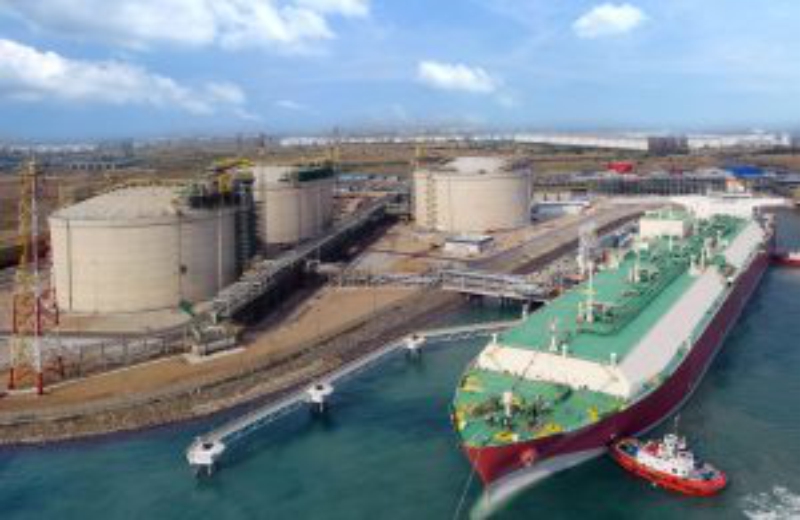Ship fuelling activity in Fujairah in the United Arab Emirates, a bunkering and fuel storage hub in the Middle East, fell in May as declining demand was made worse by slowing global trade because of the coronavirus pandemic, four trade sources said.
Fujairah’s ship refuelling, or bunkering, volumes shrank to about 200,000-300,000 tonnes in May, down from average volumes of about 700,000-800,000 tonnes, said the sources with knowledge of the regional trade who declined to be identified.
“It’s all things COVID,” said one of the sources, a UAE-based marine fuels trader, pointing to lower shipping activity. COVID-19 is the respiratory disease caused by the novel coronavirus.
Fujairah bunker demand has been declining as the economic impacts of coronavirus outbreak caused global trade to slow. Additionally, crude oil tanker traffic in the region has dropped after the Organization of the Petroleum Exporting Countries (OPEC) and its allies led by Russia cut supplies to prop up prices.
For June, bunkering activity was “very slow still” with only a handful of enquiries each day, said the trader.
The weak demand helped push Fujairah’s residual fuel inventories to a record high in June.
The Port of Fujairah did not respond to a request for comment.
By comparison, bunkering volumes in Singapore, the world’s top bunkering hub, were 3.925 million tonnes in May, down just 2% from a year earlier despite cargo ship arrivals falling to a 27-year low.
Fujairah’s bunkering volumes were falling even before the coronavirus outbreak.
Volumes began to come off its average monthly peak of about 1 million to 1.2 million tonnes in 2017 after the UAE’s boycott of Qatar cut shipping activity.
There were also attacks on tankers last year around the Strait of Hormuz and the Gulf of Oman.
A global switch to cleaner low-sulphur marine fuels in 2020 has also reduced bunkering in Fujairah as quality and compatibility concerns drove buyers to turn to suppliers in Singapore, the trade sources said.
Source: gCaptain







